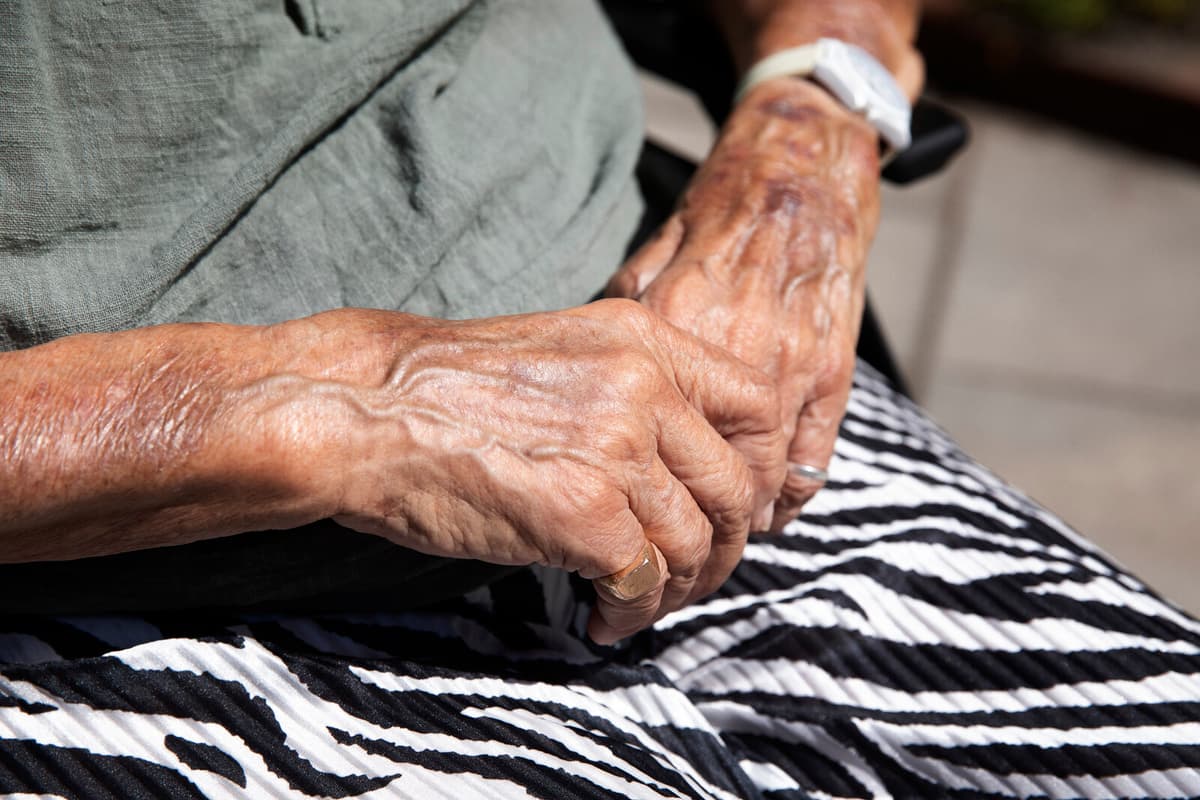The differences are small between the years but are visible in the long run.
The National Board of Health and Welfare notes that the results on all questions about how the elderly perceive elderly care have deteriorated. This can concern everything from whether the staff arrive on time, how they perform their tasks, treatment and respect, and whether they have enough time.
One example is whether the staff usually inform the elderly about temporary changes. In 2013, 70 percent of those who have home care reported that they receive information, compared to 60 percent this year.
This year's survey also asked for the first time whether the elderly think that the staff speak sufficient Swedish. Over 80 percent answered yes.
At the same time, the elderly rate their own health as better today compared to before. Among other things, fewer experience anxiety, worry, or anxiety. In 2013, 33 percent of those living in elderly care responded that they experienced this, compared to 28 percent today.
The survey is sent to people over 65 years old who live in elderly care or receive support from home care. This year, 113,000 people responded, which was approximately half of all those asked.






